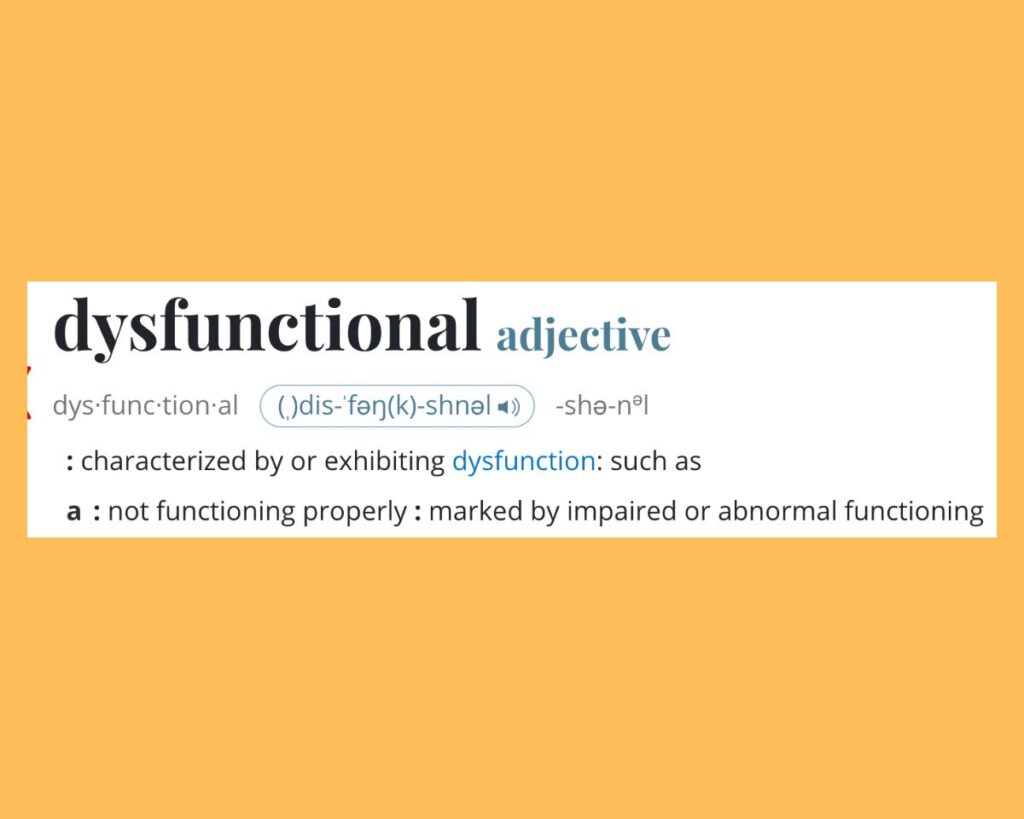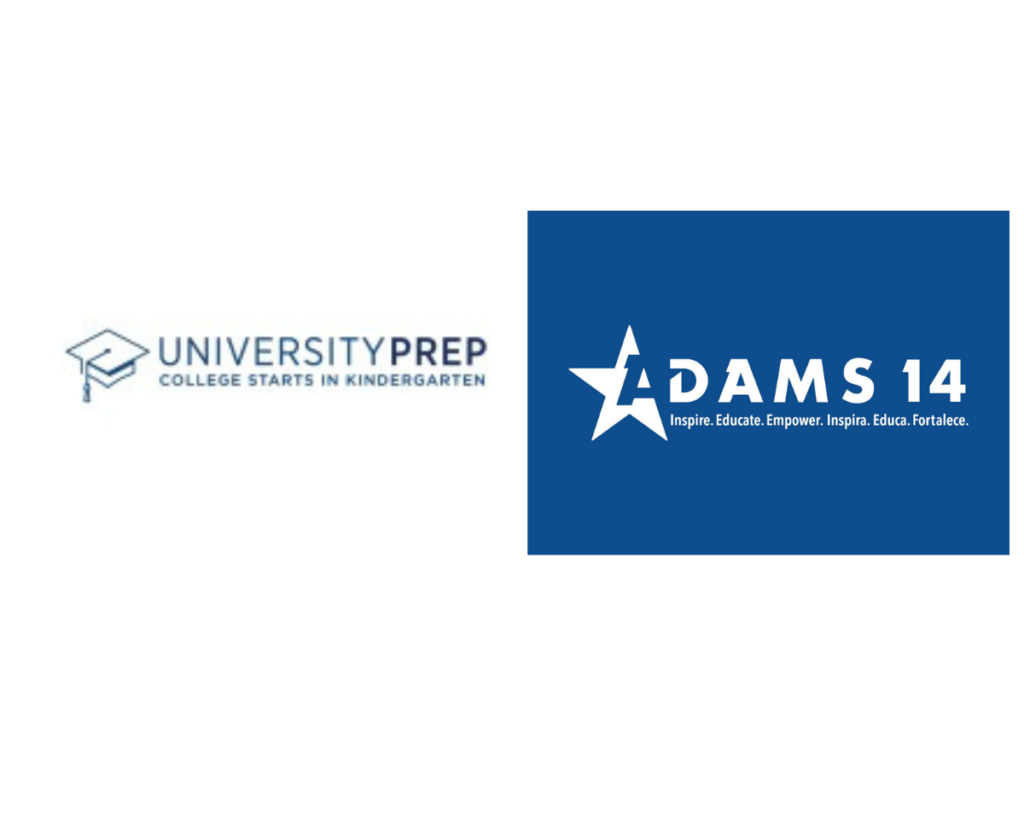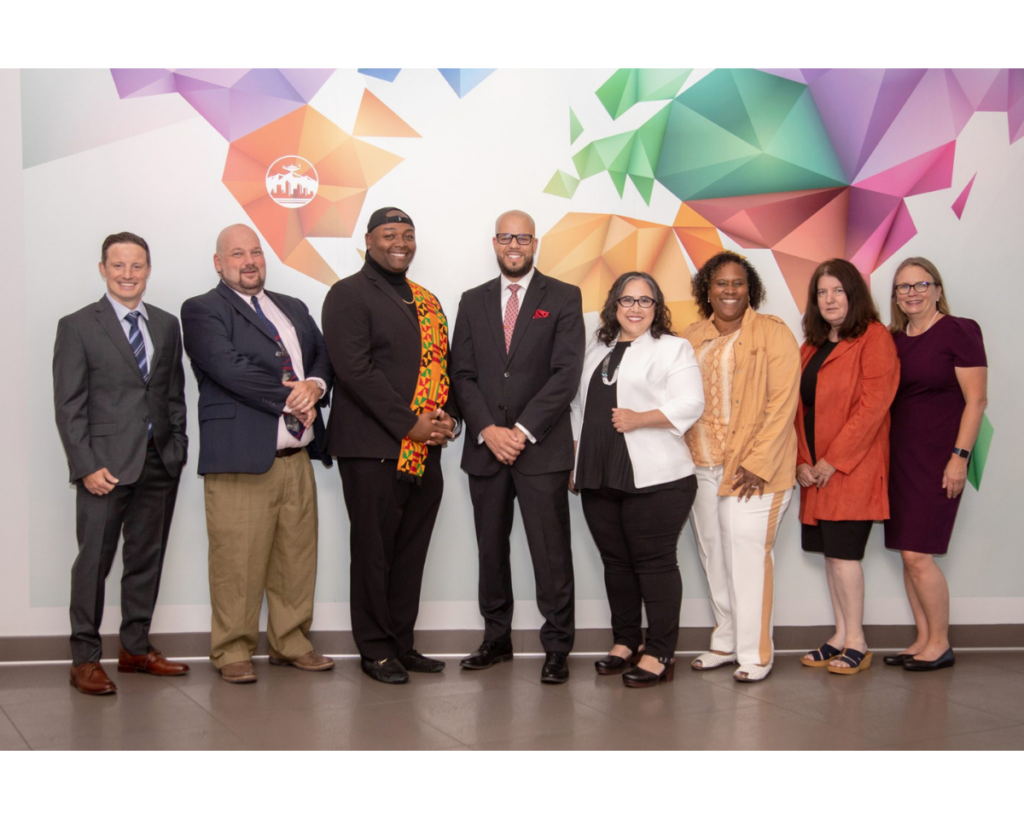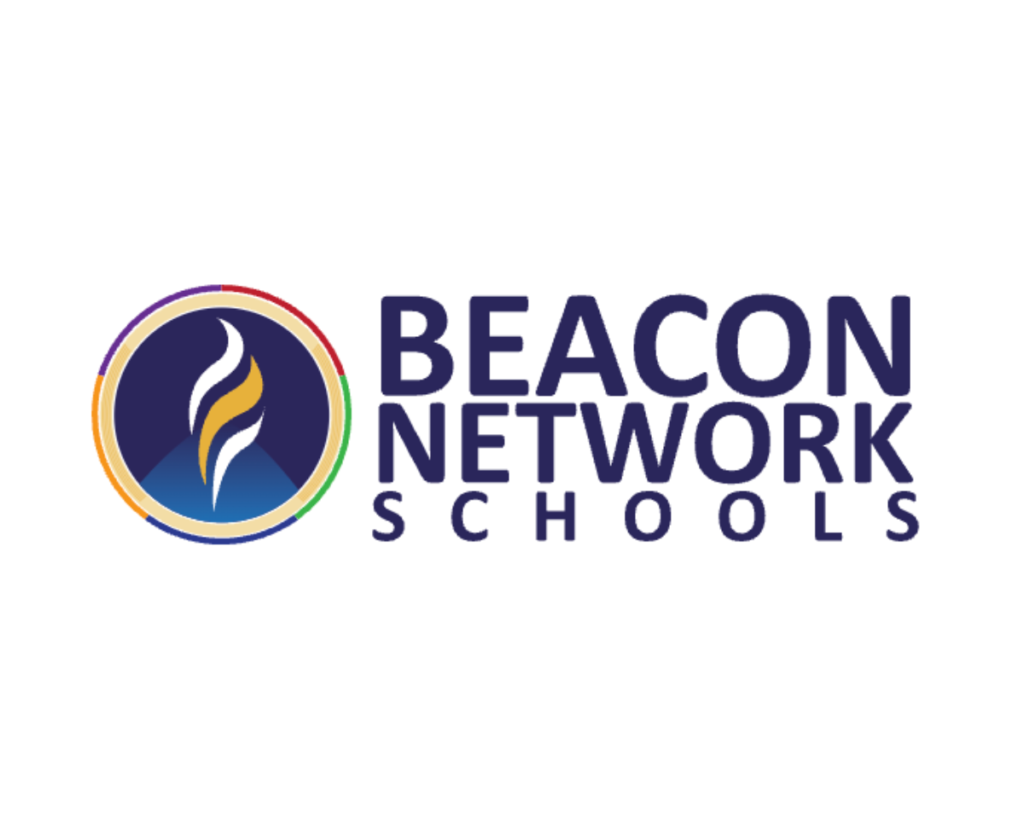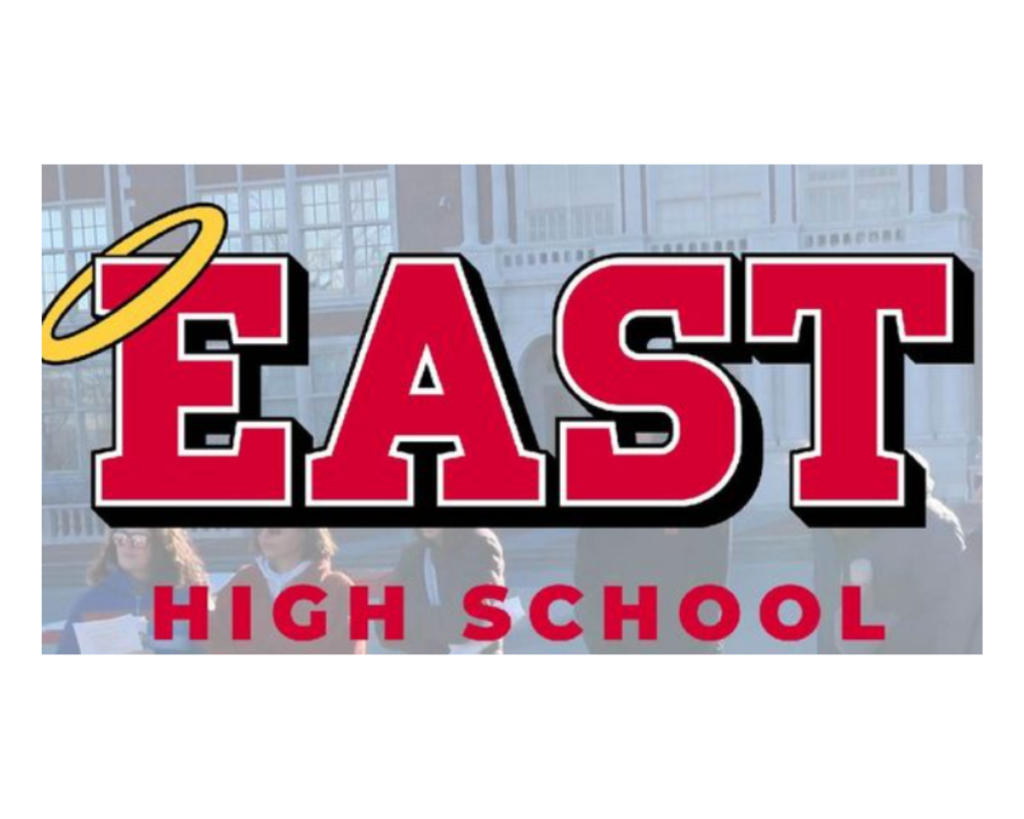Setting a vision for the future of Rocky Mountain Prep, STRIVE Prep
This summer, we will mark a significant milestone for education here in Denver. Rocky Mountain Prep and STRIVE Prep will unite to become the first cradle-to-college network in Denver, offering students educational support from 12 weeks old through 12th grade.
Setting a vision for the future of Rocky Mountain Prep, STRIVE Prep Read More »


